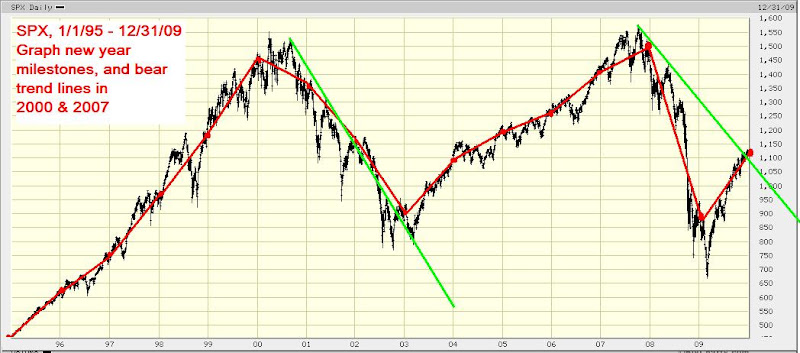The
SEC announced plans to place restrictions on short-selling starting next month. Shorting stocks is the same as going long stocks, but in reverse. Most investors want to buy low, and sell high for a profit. Short sellers want to sell high and buy low. The shares they sell are "Borrowed" from 401K and other huge blocks of shares that are not liquid.
Further short sellers do not comprise of the majority of stock activity, by far most people are long stocks. There are two reasons for this, first is risk. You can short a stock and theoretically lose infinite money. Meaning, the price you short a stock, it could just keep going up for the next 20 years. A good example would be if you shorted 100 shares of Microsoft when it went public. That would bankrupted just about anyone.
Second reason there is not as many short sellers is based on mathematical profit, it isn't in your favor. Say you buy a stock for 1 dollar, and over time it goes to 101 dollars, you made 10,000% profit. Pretty good! Now say you shorted a stock at 100 dollars and ride it to ZERO (below a buck), best you can do is double (100%) profit. There are other methods you can use to get greater returns, such as stock options. But for direct share buy/sell, buying has math on its side for higher profit.
So why even allow shorting? Well, a one sided bet isn't really a bet and it will tend to cause stocks to become more volatile and over-inflated. Anytime a short seller goes short a stock, EVENTUALLY he has to buy back that stock. That is basically what happened in the last 10 month stock rally. At some point, most people short had to cover, the losses would be too great to withstand. As the short-squeeze occurred, the stock market lost most resistance against rising and caused it to become over-valuated. The correction as you can see is pretty harsh, since there are no buyers. If there where short sellers in the game, many would buy as soon as they have a decent profit, and attempt to re-short higher. Once the shorts get short-squeezed, there just isn't enough buyers on the way down. The price of the stocks are over-valued, and even the bulls don't want to load up.
When short sellers are thrown into the lime-light as adversely affecting price, its from ignorance and incompetence. The COMPETENT thing to do is to enforce the law and ensure company values are transparent and quantified. Then the stock price will stand on it's own. Also to ensure the only way to "bet" against a company is on a listed and regulated securities exchange. Large corporations have what are called "
dark pools" of money that trade off-exchange. This has the effect that trades they want you to see are one direction, when the dark pools may be doing the opposite. (selling)
In effect, when you restrict shorter's, you restrict traders with net worth under 100 million dollars or so. Those who can't get into the dark pools to trade unregulated. Further, typical restrictions do NOT apply to market makers. So market making companies can still short stocks.
When regulators FEAR the ability for a capitalistic market to determine price, unfettered, the INCOMPETENT action is to try to change the market rules. The COMPETENT action would be to ensure those companies are properly valued by supporting transparency, able to withstand extra selling pressure, and to ensure all bets are visible on regulated exchanges.
 For emergency purposes some people are buying gold, to have on hand and preserve wealth. One problem I have with that is someday the Government may outlaw gold as a form of payment, as was done in the Great Depression. Also it does smell kinda apocalyptic to me. Storing in US paper dollars may involve the extra risk the USD has some real issues in devaluation. If that happens a little nest egg for emergency purposes may not be worth that much when needed.
For emergency purposes some people are buying gold, to have on hand and preserve wealth. One problem I have with that is someday the Government may outlaw gold as a form of payment, as was done in the Great Depression. Also it does smell kinda apocalyptic to me. Storing in US paper dollars may involve the extra risk the USD has some real issues in devaluation. If that happens a little nest egg for emergency purposes may not be worth that much when needed.





































